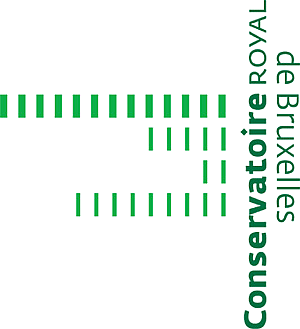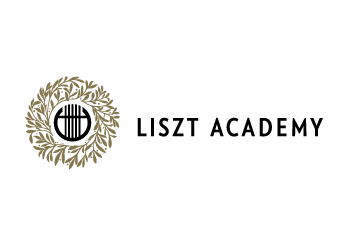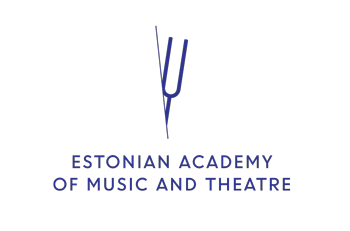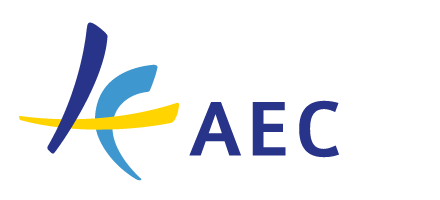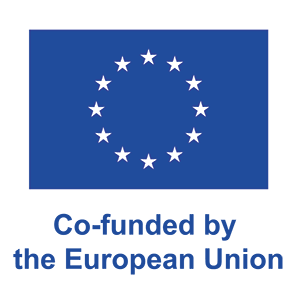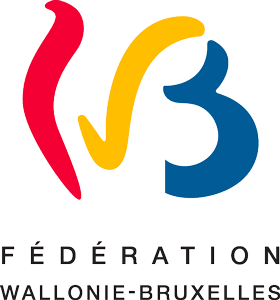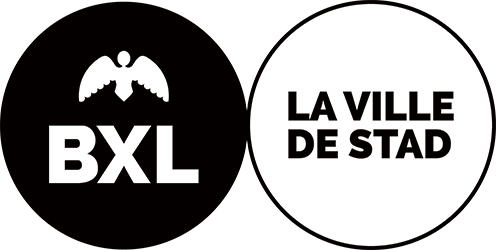The book presents a holistic view of the epistemological issues related to a musical work. The author attempts in his work to formulate a general metasystem of analysis of a musical work and a comprehensive look at the theoretical and cognitive issues connected with it. The book, treating the connections between the analysis of a musical work and the history, theory and aesthetics of music, points to the place of analysis in contemporary musicology and provides an overview of manuscript, printed and phonographic heuristic materials. The author systematizes research objects in the context of the psychophysiological theory of cognition, carries out typologies of concepts, problems and methods, both analytical normative and descriptive theories, and illuminates complex relations between the analysis of a musical work and its interpretation. The book is addressed not only to musicologists and music theoreticians (the author deliberately avoids in his work hermetic theoretical-musical issues) but also to philosophers and theoreticians of art as well as anthropologists of culture, interested in cognitive and interdisciplinary issues. The current second edition incorporates the latest research in this field.
Be a part of our european project !
This European project (KA 203 Strategic Partnership) created by Salvatore Gioveni promotes cross-border collaboration in the field of Music Theory through sharing knowledge and transferring pedagogical innovation. It thus responds to a lack of centralised source and framework to deepen reflection by means of cross-disciplinary study at European and international level.
There is a significant wealth of educational practices from one country to another in this sector, especially in terms of harmonic musical notation and analysis. However, HMEI's are facing the nonexistence of a European network for pedagogical staff in Music Theory so far. To improve the situation, the project will among other things develop several intellectual outputs such as Online Platform (IO 1), an EU Bibliography (IO 2), a Repository Courses (IO 3), a Multilingual Glossary (IO 4) and an Exchange Online Learning Platform.
Besides the Conservatoire royal de Bruxelles as leader and manager of the project, the following partner institutions are involved: Music Academy S. Moniuszki Gdańsk (Gdańsk, Poland), F. Liszt Academy of Music Budapest (Budapest, Hungary), Estonian Academy for Music and Theatre (Tallinn, Estonia), HfMTh "Felix Mendelssohn Bartholdy" (Leipzig, Germany).
 | 2025
| 2025
